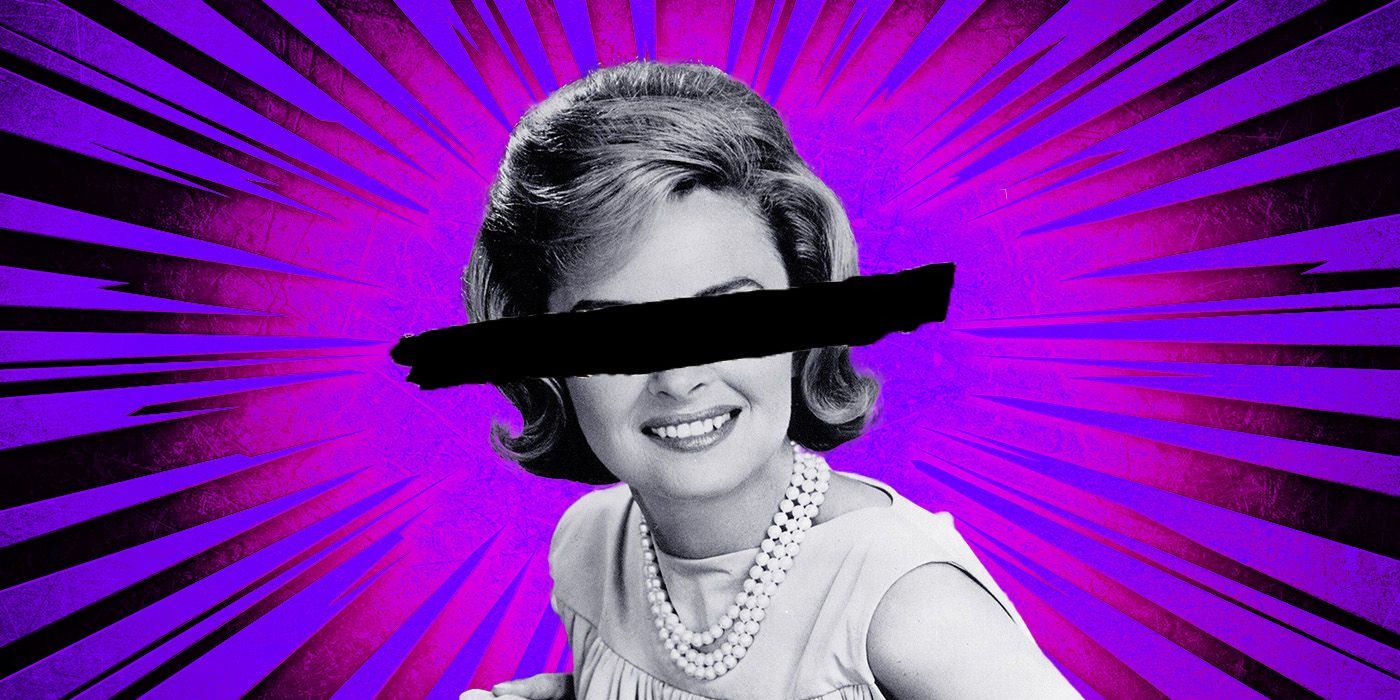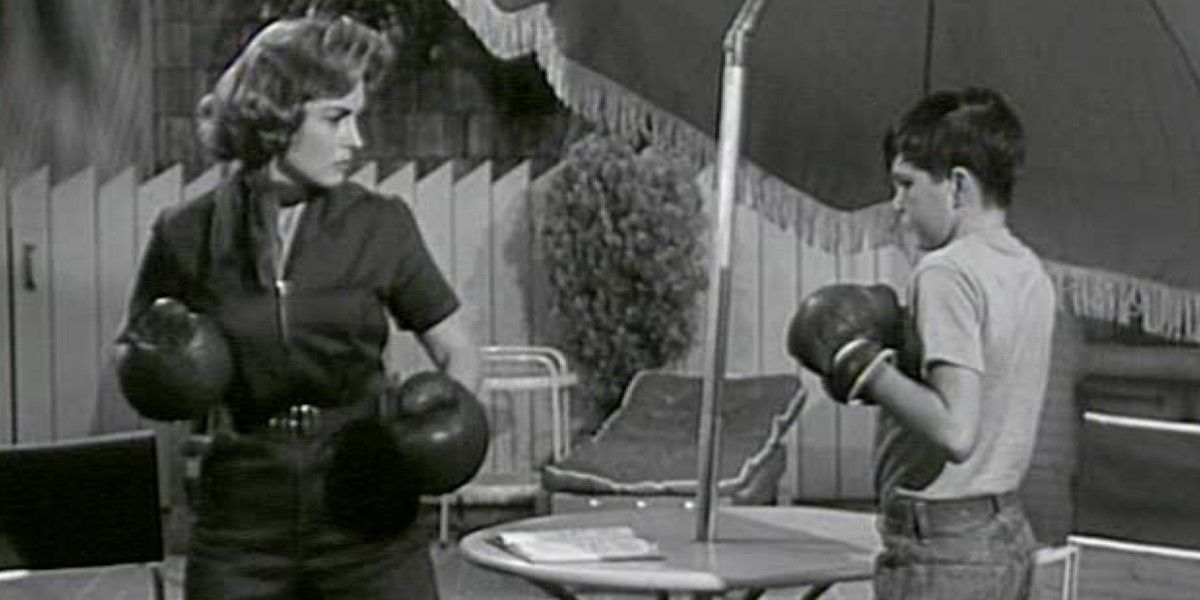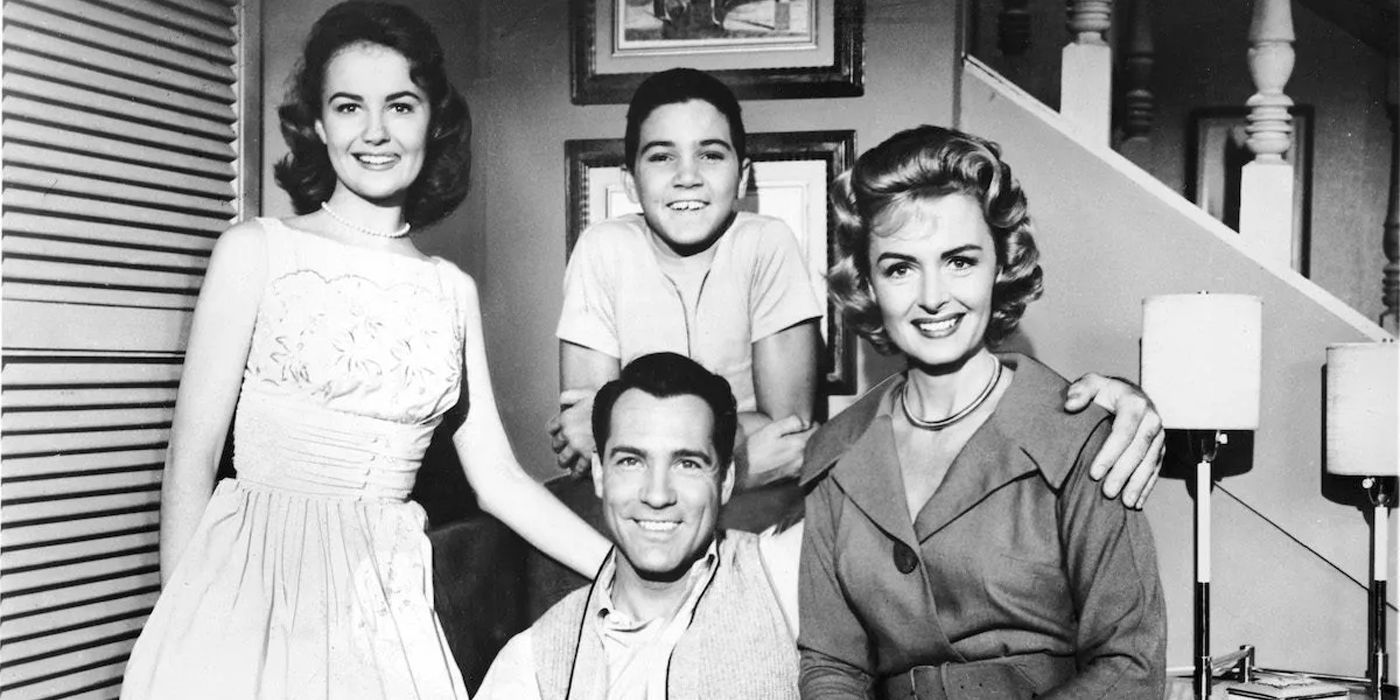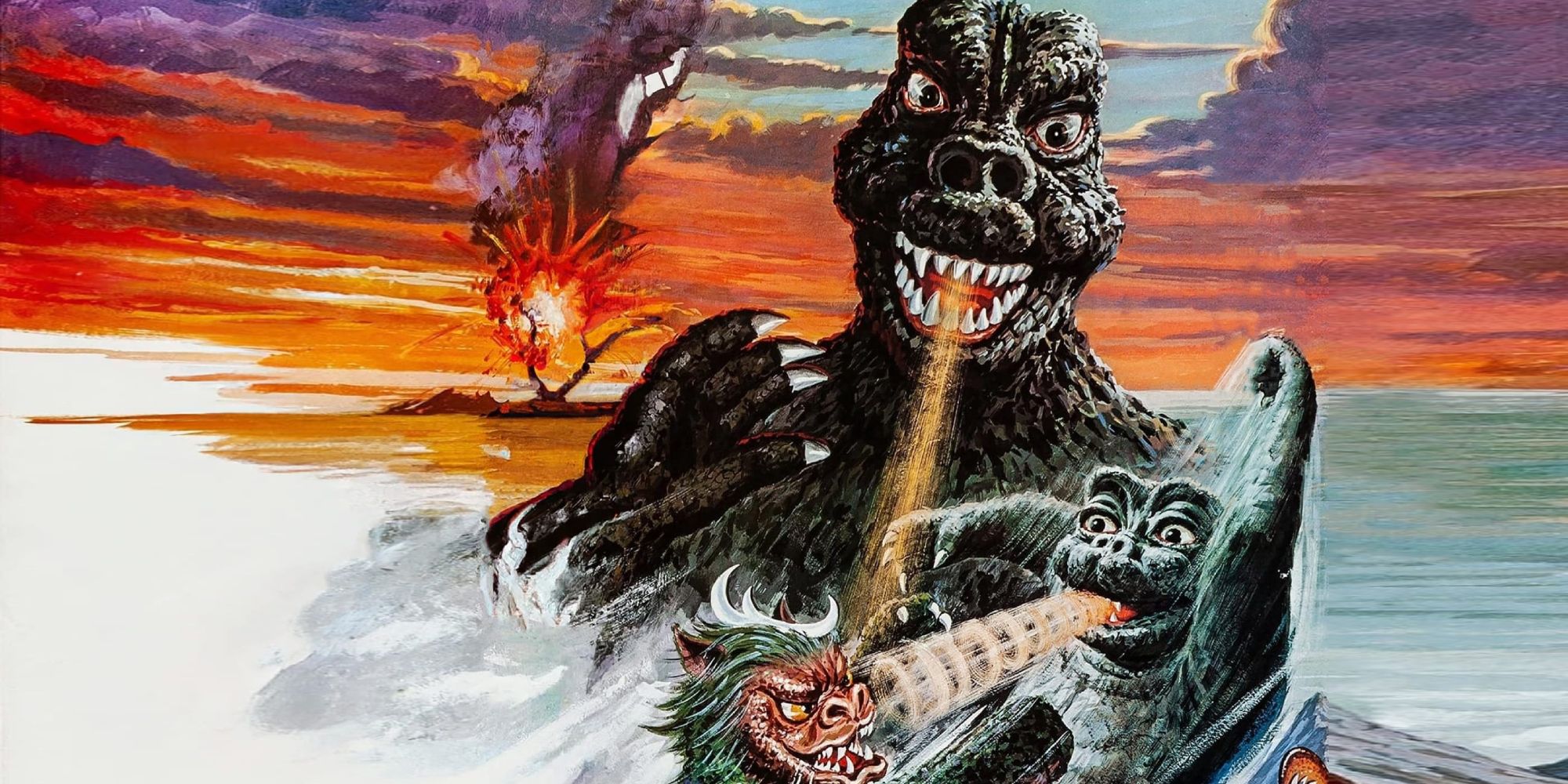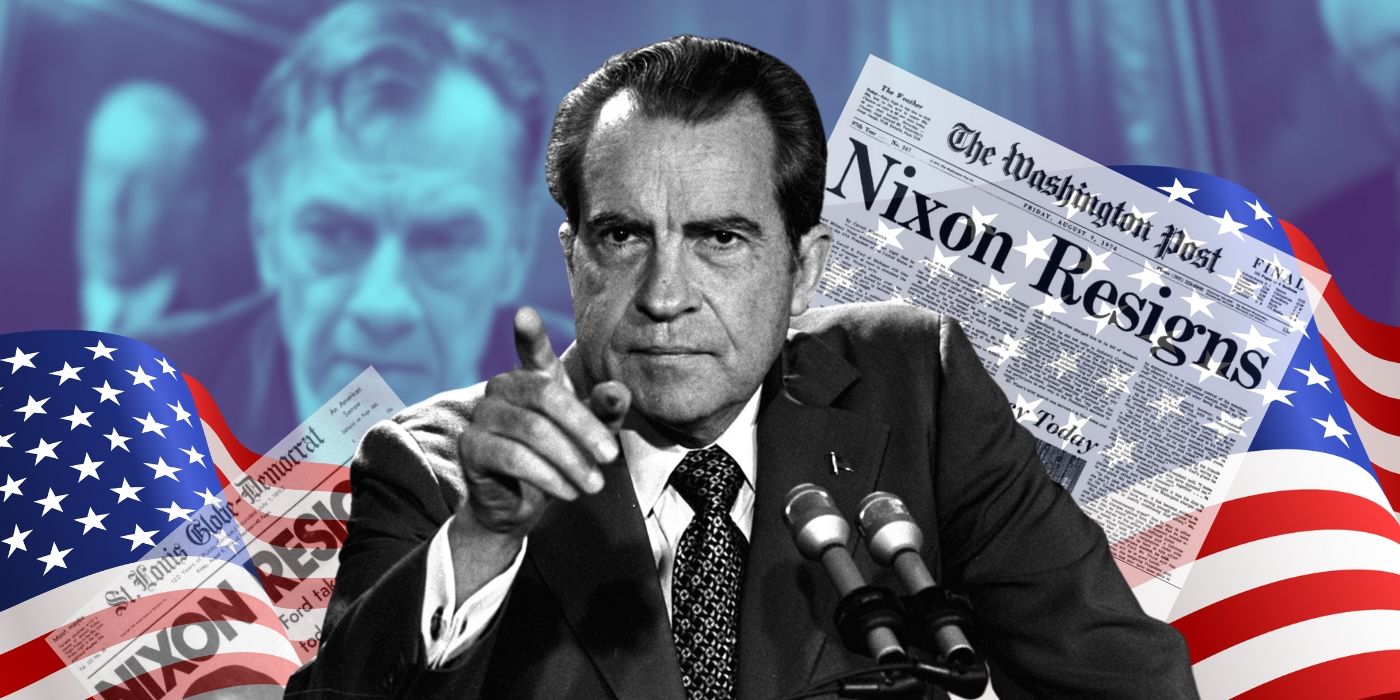The Big Picture
- Despite criticism over the show perpetuating homemaker stereotypes, The Donna Reed Show was more feminist than it seemed as it featured a strong, independent housewife who made choices for her family.
- The ABC sitcom broke ground by focusing on the mother instead of the father, addressing topics like adoption and women’s rights.
- Donna Reed herself stood up to network executives and hired blacklisted writers, demonstrating her commitment to challenging societal norms.
In the 1960s, the United States was in a period of tumultuous change. Cold War politics introduced a new battleground, one played out between superpowers. The push for civil rights was growing in the Black American community. Assassinations of high-profile figures, like President John F. Kennedy and civil rights leader Martin Luther King Jr. shook the populace to the core. Women sought equal rights and a new lease on life outside the home. But on TV, ABC’s The Donna Reed Show, named after its headliner Donna Reed, embraced a simpler time, bringing the tales of a happy housewife with a happy family doing happy things to living rooms across the nation. On the surface, the sitcom and its star were a step backward for women. Yet a deeper look reveals the truth — one that makes it clear how The Donna Reed Show was, and is, much more feminist than the haters would care to admit.
The Donna Reed Show
A loving mother and wife deals with situations and problems of a middle-class family in the late 1950s and the early 1960s.
- Release Date
- September 24, 1958
- Cast
- Paul Petersen , Donna Reed , Ann McCrea
- Main Genre
- Comedy
- Genres
- Comedy
- Seasons
- 8
‘The Donna Reed Show’ Is Likable
The Donna Reed Show premiered on September 24, 1958, another entry in the family sitcom genre. Donna Reed plays Donna Stone, an upper-middle-class housewife in the town of Hilldale — a stateless location evoking the notion of every day for women everywhere. She and her husband, pediatrician Dr. Alex Stone (Carl Betz), are the proud parents of teenagers Mary (Shelley Fabares) and Jeff (Paul Petersen). Created by William Roberts and developed by Reed and producer Tony Owen, Reed’s husband, the series centers on the typical problems of an upper-middle-class family in the late 1950s. Episodes include plots like firing an inept housekeeper, finding time away from the kids, and hosting a retirement party, devices that were not too far removed from other series.
The Donna Reed Show had a wealth of guest stars throughout its eight seasons, including Esther Williams, baseball greats Don Drysdale and Willie Mays, and beloved animal star Lassie. It also served as the launching pad for the musical careers of Petersen, who scored a hit with “My Dad”, and Fabares, who debuted “Johnny Angel” on the show — a #1 hit that became synonymous with the Coach star. Reed herself was nominated for the Primetime Emmy Awards’ Best Actress in a Leading Role category four years straight. She never won the award for her work on the series, but did land a Golden Globe Award in 1963 for Best TV Star, an award that, likely, sat on her mantelpiece with her Best Supporting Actress Oscar for From Here to Eternity. The show ended in 1966, with a run of 257 episodes in total. In an interview with McClatchy Newspapers (via Catholic Online), Petersen perfectly summed up the series with one sentence: “That’s what the show was really about, the importance of family.”
Why Did Viewers Attack ‘The Donna Reed Show’?
Educated middle-class women throughout the 1950s grew up hearing phrases like “motherhood is bliss” or “homemaking can be exciting and fulfilling.” Women gave up on their secondary education, instead opting to fulfill their role as a housewife in suburban America. Betty Friedan, author of the 1963 book The Feminine Mystique, challenged the status quo, asking if making breakfast, shuttling kids, and entertaining guests was a woman’s lot in life. The book became a rallying cry for women who wanted careers of their own, and who did not want to be limited to traditional roles. The popularity of the book gave rise to a new feminist movement, with Friedan and others forming an activist group called NOW (National Organization for Women), dedicated to the “full participation of women in mainstream American society.”
The rising feminist movement had women turning an eye to specific things in society that perpetuated the homemaker stereotype; publications like Ladies Home Journal and Good Housekeeping, and shows like Father Knows Best and, of course, The Donna Reed Show. Feminists attacked the show, according to Women’s World magazine, claiming it promoted submissiveness among housewives. Donna Stone was “the agreeable, eminently capable, inordinately glamorous domestic goddess who seemed to find total fulfillment in the act of meeting expectations,” a propagandist icon of the postwar stay-at-home mother. Again, on a surface level, the criticisms were valid. Donna Stone certainly seemed happy doing what she was doing, and what she was doing had nothing to do with venturing outside of society’s traditional roles for women. But that was on the “surface level.”
‘The Donna Reed Show’ Defied Expectations
In condemning the show for its crimes against women, critics missed out on the fact that The Donna Reed Show had changed the game — a show that did more to embody the feminist movement than most. The series was groundbreaking as the first sitcom series, as per Woman’s World, to focus not on the father but on the mother, with Donna Reed serving as a strong woman who could manage her family. The character of Donna Stone was very similar to Reed, who was an established, authoritative, humorous, and charming actress, who had even stood up to network executives who wanted to change the format of the show for higher ratings (“We’re not changing our format. Maybe you’d better change your network.”). The role was a statement by Reed, who hated the fact that female characters were always inadequate, and unable to offer anything of value. She cleverly turned the lowly image of the homemaker into something more; a strong, independent woman who makes the choices for the family, the one who takes charge, a housewife by name but decidedly not by nature.
.jpg)
Why the Feminism in Disney’s Live-Action Remakes Falls Flat
There’s only so much these stories can change without jeopardizing the studio’s IP.
The Donna Reed Show also dared to address topics that other sitcoms wouldn’t touch, pushing the envelope and allowing characters and storylines to offer up unpopular opinions. Per the Herald Weekly, the series was one of the first to touch on adoption, introducing Trisha (Patty Petersen), an orphan brought in after Mary went to college. Other episodes spoke about the freedom of the press and, yes, women’s rights, on a show that was accused of abandoning them. Off-screen, Reed and Tony Owen helped writers who had been blacklisted by hiring them for the show. She and Carl Betz looked out for the welfare of both Shelley Fabares and Paul Petersen, knowing the perils of child actors from other shows, by committing to act as surrogate parents. It was an oath Petersen tells the Los Angeles Times the pair kept up to their deaths.
The Impact of the Feminist Dialogue Years Later
That Donna Reed and her character would be so easily dismissed by feminists and critics not only drew the ire of Reed but Shelley Fabares as well. She was quoted in the Los Angeles Times stating how “angry” the conversation made her feel. “She was very much in the foreground of women being in charge. She did a lot of things moms on TV didn’t do at that time — she ran for things,” Fabares said. The actress would pen another article in TIME, defending Reed after then-president Donald Trump used Reed’s name to dismiss reporters Weijia Jiang and Paula Reid for asking pertinent questions, basically inferring they should be more like Reed’s homemaker stereotype. In the article, Fabares amusingly says that the former reality TV star-turned-president wouldn’t know what to do with the real Reed. Fabares then shared something that Reed told her as a teenager about how intelligence and talent in a woman can be both an asset and a threat to those in the seats of power.
Reed’s words and actions throughout her life, and on the show that bears her name, are nothing if not the very embodiment of what women have been fighting for all along. To dismiss Reed and the show she lovingly created, as anything less, is an insult to a trailblazing pioneer of the cause.
The Donna Reed Show is available to stream on Tubi in the U.S.
Watch on Tubi

